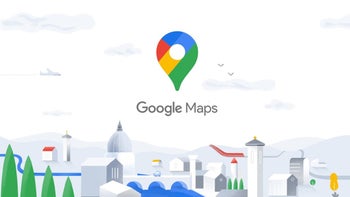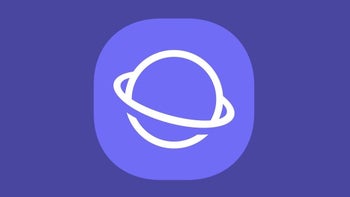Ek’s wild idea for Spotify to hit YouTube where it hurts

Spotify is making a significant push to increase its presence in video podcasting, aiming to compete directly with YouTube.
Recently, CEO Daniel Ek outlined the company's strategy and its ambition to attract creators who currently rely solely on YouTube. The goal is Spotify to expand beyond audio content and capitalize on the growing popularity of video podcasts, which have seen engagement rising faster than audio-only content. I guess I'm old-fashioned, as I rarely need a video for the podcasts I'm subscribed to. The audio is more than enough for me.
Anyway, for nearly a decade, Spotify has been investing in video capabilities, starting with its experiment in 2015. However, the real turning point came with its exclusive deal with the mastermind Joe Rogan, whose video podcast on the platform became a worldwide hit.
This success prompted Spotify to offer video podcasting capabilities to more creators, addressing the demand for better monetization options. Ek recognized that many video podcasters are reluctant to leave YouTube because they fear losing both revenue and audience. However, he is confident that Spotify’s new engagement-based payout system will offer strong financial incentives.
Spotify's pitch to creators revolves around offering flexible monetization options and a diverse content experience. Unlike other platforms that primarily focus on one format, Spotify integrates music, podcasts, and audiobooks, each presented uniquely on its platform.
Ek believes this tailored approach provides an edge, particularly during moments of casual listening when users move in and out of different content types seamlessly. While YouTube excels in keeping viewers engaged for extended periods, Spotify aims to offer a more dynamic experience that adapts to the user's needs throughout the day.
The company is also looking towards artificial intelligence to transform the way users interact with its platform. Ek hinted at a future where AI will play a significant role in delivering a more personalized experience, akin to having an AI "friend" for audio.
As speech recognition technology has drastically improved, Spotify envisions integrating advanced AI capabilities that understand and respond to natural language, making interactions with the platform smoother and more intuitive. This could be particularly impactful in regions like India, where voice queries have already overtaken text searches.
Looking ahead, Ek is optimistic about the next decade for Spotify, predicting that it will bring transformative changes to the user experience. Spotify is banking on a mix of diverse content formats, better monetization options for creators, and cutting-edge AI features to help it dominate the video podcasting market.
The company aims to challenge YouTube’s dominance and reshape how people consume media content online – that's not going to be an easy task, given how big and powerful YouTube is… at the moment.
Recently, CEO Daniel Ek outlined the company's strategy and its ambition to attract creators who currently rely solely on YouTube. The goal is Spotify to expand beyond audio content and capitalize on the growing popularity of video podcasts, which have seen engagement rising faster than audio-only content. I guess I'm old-fashioned, as I rarely need a video for the podcasts I'm subscribed to. The audio is more than enough for me.
This success prompted Spotify to offer video podcasting capabilities to more creators, addressing the demand for better monetization options. Ek recognized that many video podcasters are reluctant to leave YouTube because they fear losing both revenue and audience. However, he is confident that Spotify’s new engagement-based payout system will offer strong financial incentives.
He believes that this new model could not only match but potentially surpass the earnings creators currently get on top platforms like YouTube, The Verge reports.
Spotify's pitch to creators revolves around offering flexible monetization options and a diverse content experience. Unlike other platforms that primarily focus on one format, Spotify integrates music, podcasts, and audiobooks, each presented uniquely on its platform.
Ek believes this tailored approach provides an edge, particularly during moments of casual listening when users move in and out of different content types seamlessly. While YouTube excels in keeping viewers engaged for extended periods, Spotify aims to offer a more dynamic experience that adapts to the user's needs throughout the day.
The company is also looking towards artificial intelligence to transform the way users interact with its platform. Ek hinted at a future where AI will play a significant role in delivering a more personalized experience, akin to having an AI "friend" for audio.
Looking ahead, Ek is optimistic about the next decade for Spotify, predicting that it will bring transformative changes to the user experience. Spotify is banking on a mix of diverse content formats, better monetization options for creators, and cutting-edge AI features to help it dominate the video podcasting market.
The company aims to challenge YouTube’s dominance and reshape how people consume media content online – that's not going to be an easy task, given how big and powerful YouTube is… at the moment.










Things that are NOT allowed: